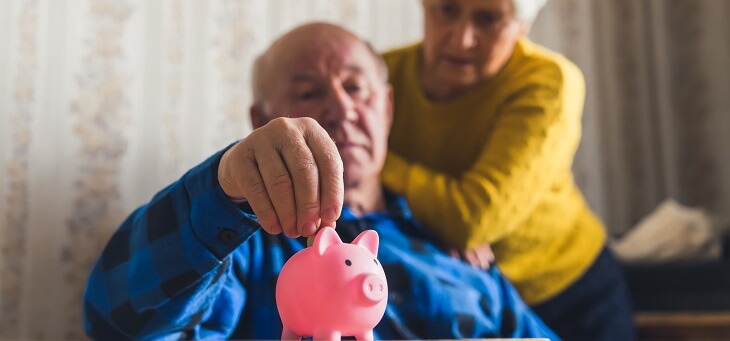Australia is the fourth-highest income-taxing country in the developed world, according to the latest data released by the Organisation for Economic Cooperation and Development (OECD).
Is that necessarily a bad thing? And will the incoming Labor government be making any radical changes to alter this?
Writing for the Australian after the release of the OECD’s annual report, economics specialist Patrick Commins described the ranking as “one place better than a year earlier” when it was third.
Read: What the ATO is looking for at tax time this year
Measuring tax rate as a percentage of the average wage of a single worker, Australia comes in at 23.2 per cent, behind only Denmark, Iceland and Belgium. Last year, at 22.7 per cent, we were behind Denmark (35.3 per cent) and Iceland (26.0 per cent). The average among the 38 OECD countries this year is just 14.9 per cent.
There are, however, a number of ways to measure and interpret what Mr Commins refers to as a “tax burden” and the OECD describes as a “tax wedge”. Chris Evans, professor of taxation at the University of NSW business school, said including social security contributions made by workers and employers was a better way to gauge the overall deterrent effect on work from taxes on income.
By that measure last year, including an average 5.6 per cent payroll tax, Australia’s “tax wedge” was 28.4 per cent, below the OECD average of 34.6 per cent. The OECD average this year is still 34.6, but Australia’s figure has dropped to 27.2 per cent.
Read: How to prepare for tax time
Michael Keating, visiting fellow in the college of business and economics at the Australian National University, says Labor needs to turn the tables on the existing Australian culture “where low taxation has been seen as an end in itself”.
Writing in The Conversation, Mr Keating acknowledges that “the new government has inherited an extraordinarily difficult budget situation”, with the economy operating at full capacity and inflationary pressures mounting, while businesses are bemoaning the difficulties in finding labour and supplies.
Mr Keating believes Labor should wind back the budget deficit and getting into surplus within two years. Current budget projections are for a decade of deficit. The challenge in reaching such a goal is that it will require raising taxes, which Mr Keating says is “a problem”.
Read: New study calls for massive welfare reform via tax tweaks
He says the new government should establish an expert committee to investigate how much extra revenue is needed to guarantee the funding of the essential services that are underperforming and underfunded.
“Instead of being constrained by some arbitrary taxation cap, the committee would develop a bottom-up estimate of how much in total is required to ensure the cost-effective provision of essential services,” he said.
In adopting this approach, Mr Keating notes that “even if the extra revenue required amounted to as much as 4-5 per cent of GDP, it would leave Australia more lightly taxed than almost every other OECD country in Europe.”
According to Mr Keating, with Anthony Albanese and Jim Chalmers as Prime Minister and Treasurer, now is the right time to revisit the tax debate, keeping in mind a quote generally attributed to US Supreme Court Justice Oliver Wendell Holmes Junior: “Taxes are what we pay for a civilised society.”
If you enjoy our content, don’t keep it to yourself. Share our free eNews with your friends and encourage them to sign up.

